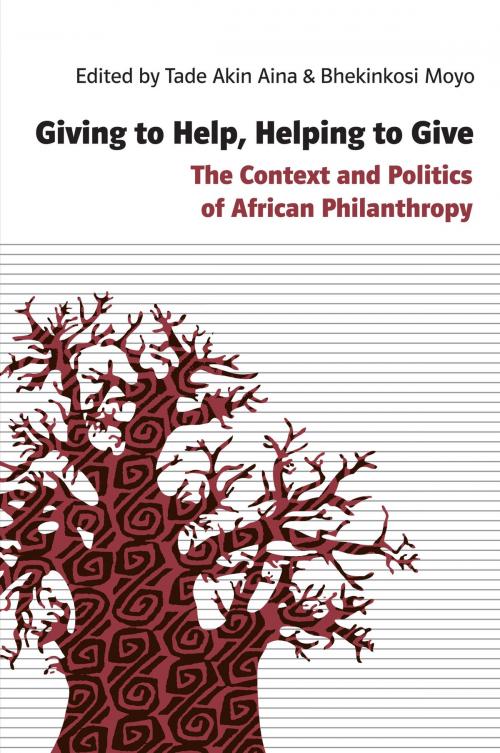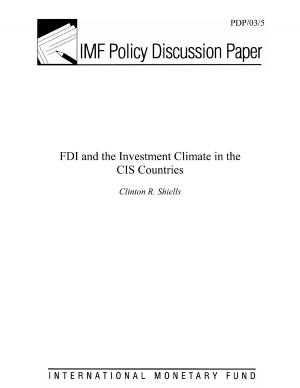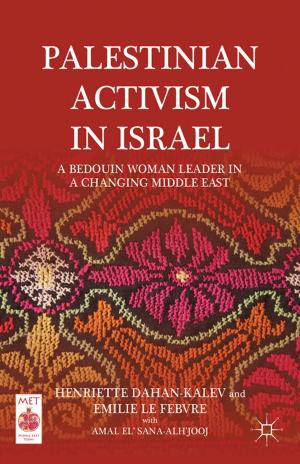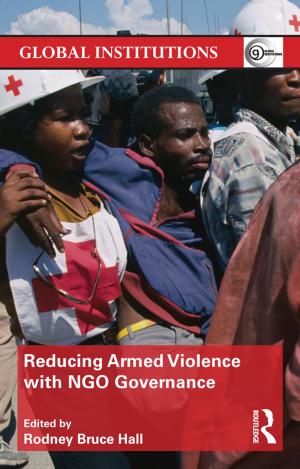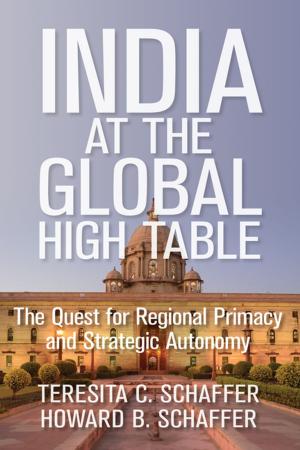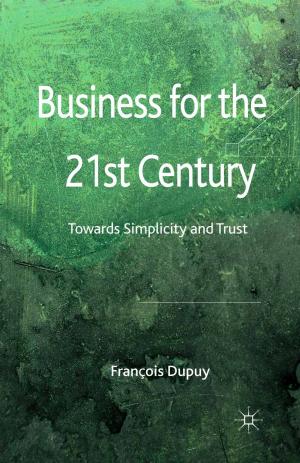Giving to Help, Helping to Give
The Context and Politics of African Philanthropy
Nonfiction, Social & Cultural Studies, Social Science, Philanthropy & Charity, Business & Finance, Industries & Professions, Nonprofit Organizations & Charities, Political Science, International| Author: | Tade Akin Aina, Bhekinkosi Moyo, Tade Akin Aina, Tade Akin Aina, Mohammed A. Bakari, Bertha Chiroro, Kwaku Asante Darko, Marwa El Daly, Alan Fowler, Ibrahima Hathie, Jenny Hodgson, Andrew Kingman, Christa L. Kuljian, Halima Mahomed, Robert Muponde, James Muzondidya, Connie Ngondi-Houghton, Kayode Samuel, Fondo Sikod, Mohamadou Sy, Gérard Tchouassi, Susan Wilkinson-Maposa, Saïda Yahya-Othman | ISBN: | 9782359260212 |
| Publisher: | Amalion | Publication: | August 1, 2013 |
| Imprint: | Amalion | Language: | English |
| Author: | Tade Akin Aina, Bhekinkosi Moyo, Tade Akin Aina, Tade Akin Aina, Mohammed A. Bakari, Bertha Chiroro, Kwaku Asante Darko, Marwa El Daly, Alan Fowler, Ibrahima Hathie, Jenny Hodgson, Andrew Kingman, Christa L. Kuljian, Halima Mahomed, Robert Muponde, James Muzondidya, Connie Ngondi-Houghton, Kayode Samuel, Fondo Sikod, Mohamadou Sy, Gérard Tchouassi, Susan Wilkinson-Maposa, Saïda Yahya-Othman |
| ISBN: | 9782359260212 |
| Publisher: | Amalion |
| Publication: | August 1, 2013 |
| Imprint: | Amalion |
| Language: | English |
The past decade has seen a flowering of philanthropic activities across many parts of Africa. Unlike before, this flowering has the distinct character of African agency, energy and engagement. Philanthropy is no longer about narratives of passive, poor and miserable Africans receiving help from rich, fortunate and often Western outsiders. The emerging narratives about philanthropy in Africa are about an increasingly confident and knowledgeable assertion of African capacities to give not only to help but also to transform and seek to address the root causes of injustice, want, ignorance and disease. The narratives are also about the increasing questioning of the role and place of Africans in the world’s philanthropic traditions and what constitutes African specificities but also African differences and varieties.
This book is about African philanthropic experiences, their varieties, challenges and opportunities. It is about documenting, investigating, describing, questioning and reflecting on philanthropy in Africa. Because Africa is not a monolithic entity with one single history, cultural, political and economic experience, this ground-breaking book rightly tackles the varied modes, forms, vehicles and means in which the philanthropic experiences are expressed in Africa. It is a pioneering and ambitious effort in a field and community of practice that is new both in terms of scholarship and in professional practice. Many of the chapters boldly engage the burden of reflections, questions, ambivalences and ambiguities that one often finds in an emerging field, innovatively positing the outlines, concepts, frameworks and theories of scholarship and practice for a field critical to development on the continent.
This book is about African philanthropic experiences, their varieties, challenges and opportunities. It is about documenting, investigating, describing, questioning and reflecting on philanthropy in Africa. Because Africa is not a monolithic entity with one single history, cultural, political and economic experience, this ground-breaking book rightly tackles the varied modes, forms, vehicles and means in which the philanthropic experiences are expressed in Africa. It is a pioneering and ambitious effort in a field and community of practice that is new both in terms of scholarship and in professional practice. Many of the chapters boldly engage the burden of reflections, questions, ambivalences and ambiguities that one often finds in an emerging field, innovatively positing the outlines, concepts, frameworks and theories of scholarship and practice for a field critical to development on the continent.
The past decade has seen a flowering of philanthropic activities across many parts of Africa. Unlike before, this flowering has the distinct character of African agency, energy and engagement. Philanthropy is no longer about narratives of passive, poor and miserable Africans receiving help from rich, fortunate and often Western outsiders. The emerging narratives about philanthropy in Africa are about an increasingly confident and knowledgeable assertion of African capacities to give not only to help but also to transform and seek to address the root causes of injustice, want, ignorance and disease. The narratives are also about the increasing questioning of the role and place of Africans in the world’s philanthropic traditions and what constitutes African specificities but also African differences and varieties.
This book is about African philanthropic experiences, their varieties, challenges and opportunities. It is about documenting, investigating, describing, questioning and reflecting on philanthropy in Africa. Because Africa is not a monolithic entity with one single history, cultural, political and economic experience, this ground-breaking book rightly tackles the varied modes, forms, vehicles and means in which the philanthropic experiences are expressed in Africa. It is a pioneering and ambitious effort in a field and community of practice that is new both in terms of scholarship and in professional practice. Many of the chapters boldly engage the burden of reflections, questions, ambivalences and ambiguities that one often finds in an emerging field, innovatively positing the outlines, concepts, frameworks and theories of scholarship and practice for a field critical to development on the continent.
This book is about African philanthropic experiences, their varieties, challenges and opportunities. It is about documenting, investigating, describing, questioning and reflecting on philanthropy in Africa. Because Africa is not a monolithic entity with one single history, cultural, political and economic experience, this ground-breaking book rightly tackles the varied modes, forms, vehicles and means in which the philanthropic experiences are expressed in Africa. It is a pioneering and ambitious effort in a field and community of practice that is new both in terms of scholarship and in professional practice. Many of the chapters boldly engage the burden of reflections, questions, ambivalences and ambiguities that one often finds in an emerging field, innovatively positing the outlines, concepts, frameworks and theories of scholarship and practice for a field critical to development on the continent.
